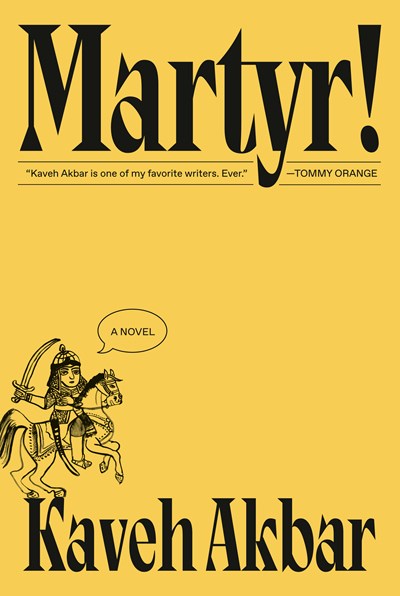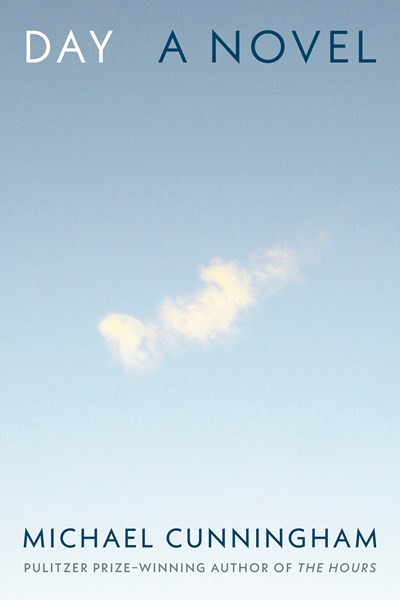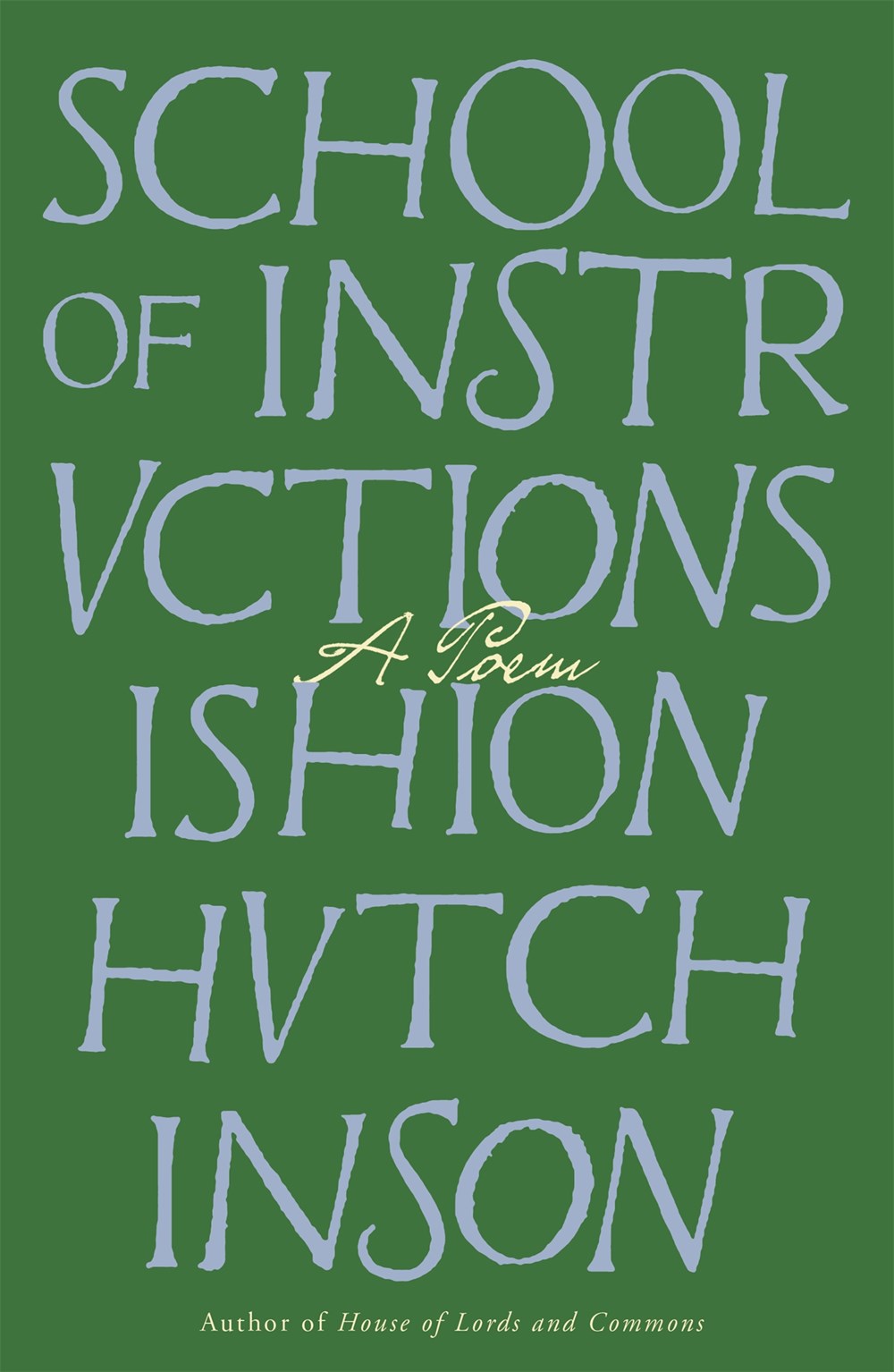Luke Gorham
55 Articles
Last 30 days
Last 6 months
Last 12 months
Last 24 months
Specific Dates
From:
To:
PREMIUM
Coexistence: Stories
Belcourt demonstrates the true strength of the story collection format, leveraging his remarkable skill with character and language to deliver a potpourri of memorable and moving short-form works.
PREMIUM
Fire Exit
This novel further testifies to Talty’s ability as a formal craftsman, but its overdependence on narrative and emotional loops leaves the short novel feeling surprisingly padded.
Martyr!
 Akbar delivers a delirious but moving portrait of one man’s personal reckoning, the novel’s profound affection for life fully earning its title’s bold exclamation.
Akbar delivers a delirious but moving portrait of one man’s personal reckoning, the novel’s profound affection for life fully earning its title’s bold exclamation.
PREMIUM
Wandering Stars
Orange smartly avoids the trap of attempting the same trick twice, tweaking his approach to story and structure and once again showcasing his ability to deliver characters with clear, complex interiority.
PREMIUM
Day
Unevenly paced and structured, but Cunningham’s quietly powerful observations help mitigate its imperfections.
PREMIUM
School of Instructions: A Poem
For patient, attentive readers, Hutchinson delivers a spoil of linguistic, philosophical, and spiritual riches.
Let Us Descend
 This testament to Ward’s mastery of language should leave readers scrambling for a highlighter.
This testament to Ward’s mastery of language should leave readers scrambling for a highlighter.
The Lights
 Sometimes it can feel like a tale of two works, the junction not quite seamless, with some of the poetry here feeling a bit more academic and opaque next to the thrilling prose. But on the whole, this is another stunningly audacious work from Lerner that surveys life through the lens of art and vice versa, intimate and universal, challenging but deeply rewarding.
Sometimes it can feel like a tale of two works, the junction not quite seamless, with some of the poetry here feeling a bit more academic and opaque next to the thrilling prose. But on the whole, this is another stunningly audacious work from Lerner that surveys life through the lens of art and vice versa, intimate and universal, challenging but deeply rewarding.
So To Speak
 Quietly devastating and exquisitely wrought, these poems are among the very finest of Hayes’s career.
Quietly devastating and exquisitely wrought, these poems are among the very finest of Hayes’s career.
ALREADY A SUBSCRIBER? LOG IN
We are currently offering this content for free. Sign up now to activate your personal profile, where you can save articles for future viewing










